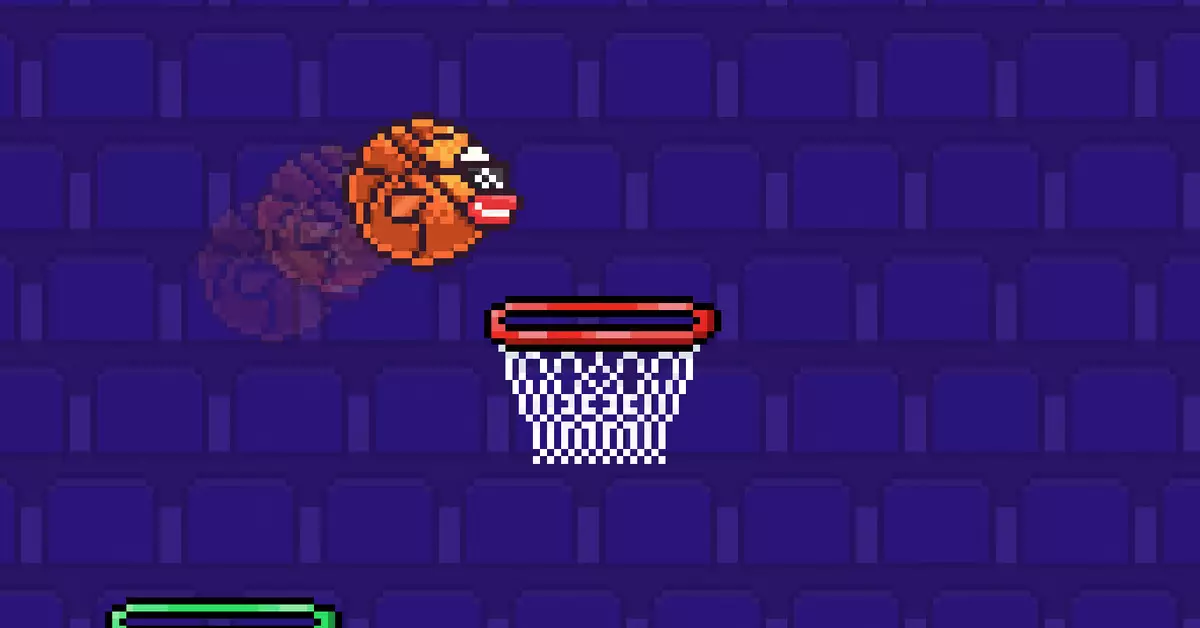The announcement of a new game titled “Flappy Bird” by The Flappy Bird Foundation has excited numerous fans hoping for a nostalgic revival of the iconic mobile game. Originally created by Dong Nguyen, Flappy Bird became a culturally significant phenomenon upon its release in 2013, only to be abruptly pulled from app stores by its developer due to overwhelming public pressure and addictive gameplay ramifications. While many associate the game’s sudden disappearance with an air of mystery, its recent re-emergence raises questions about ownership, creator involvement, and the motivations behind such a franchise reboot.
Despite the excitement surrounding its announcement, the involvement of Nguyen has been severely downplayed. The Flappy Bird Foundation’s claim to the game has no roots in an agreement with Nguyen, who took to social media to clarify his detachment from the project. He emphasized that he “didn’t sell anything” and ignited a conversation about intellectual property rights. This convoluted situation invites scrutiny; how can a foundation tout nostalgia and legacy when the original creator has no part in its continuation? This disconnect may alienate loyal fans who remember the game’s original essence and integrity.
The Flappy Bird Foundation’s announcement suggested it had acquired the rights from Gametech Holdings, LLC, which had successfully challenged Nguyen’s previous trademark claims. It is noteworthy that Gametech filed a trademark opposition nearly a decade after Nguyen withdrew the game, painting a picture of opportunism rather than genuine homage to the beloved title.
The marketing strategy employed by the Flappy Bird Foundation leans heavily on the nostalgic feelings associated with the former gameplay, presenting the revival as a “triumphant return.” However, the absence of Nguyen’s creative vision might dilute the authenticity the original game had, leaving fans questioning if this revival is merely a cash grab exploiting nostalgia. Instead of providing a genuine tribute to Nguyen’s original creation, it risks turning into a hollow reenactment, devoid of the experience that made the first release special.
Additionally, the hinting at a new crypto component in the game adds another layer of intricacy. The previously concealed plans indicating that the new Flappy Bird could integrate with web 3.0 technology such as Solana could result in a diverging gameplay experience, one that contrasts sharply with the pure and straightforward nature that originally endeared the game to so many.
As the gaming community looks forward to the anticipated iOS and Android release, skepticism looms over how this revival will resonate with fans of the original. Will it capitalize on a previous, beloved format, or will it evolve into an entirely new experience tied too closely to monetization trends at the expense of player enjoyment? As we await the release, one thing is clear: the essence of video game legacy weighs heavily on creator involvement, and in this case, the lack of it might forever change how Flappy Bird is perceived moving forward.


Leave a Reply